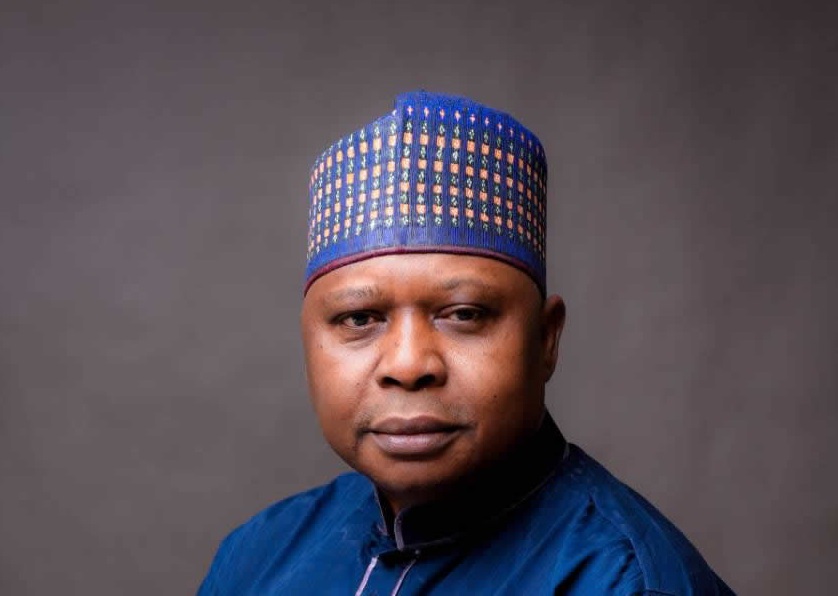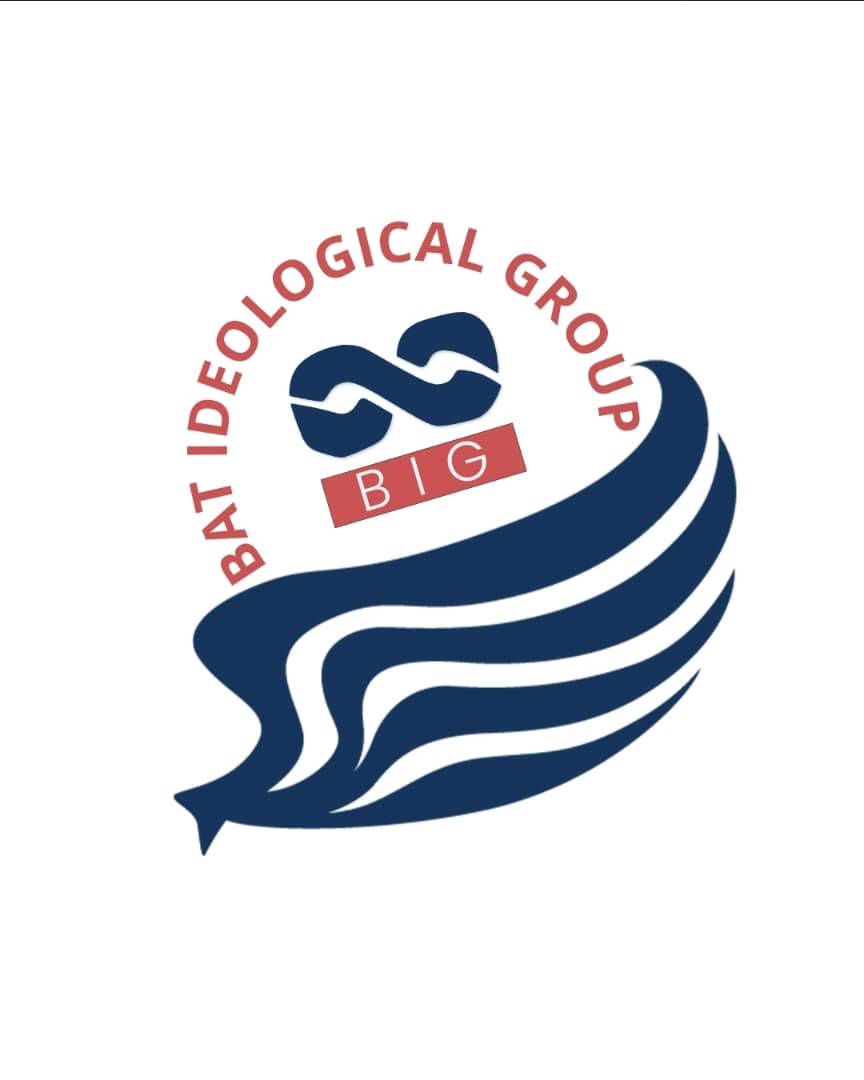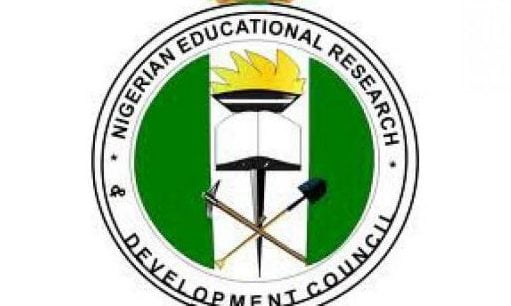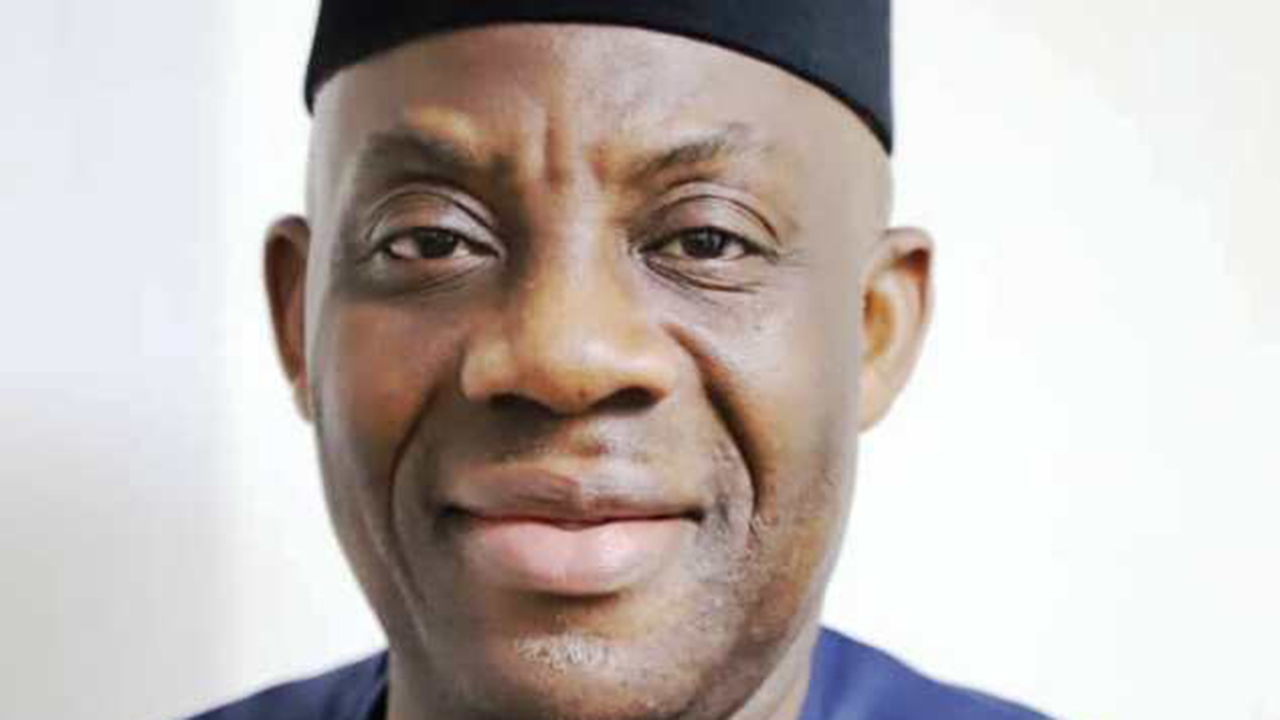The Peoples Democratic Party (PDP) approaches a pivotal moment in its history. With the 2025 National Elective Convention scheduled for Ibadan, Oyo State, party faithful are asking whether the next National Working Committee can restore the PDP to the prominence it once enjoyed. Into this contest steps Kabiru Tanimu Turaki, SAN — a lawyer, former federal minister, and veteran party operator whose long walk through Nigeria’s legal and political arenas has prepared him for this exacting hour. Turaki’s candidacy is more than personal ambition; it is a claim that the PDP can regain unity, discipline, and electoral competitiveness under leadership rooted in experience, patience, and intra-party consultation.
Turaki’s trajectory to the national chairmanship contest is best read as steady accumulation rather than sudden ascent. He is a Senior Advocate of Nigeria, elevated to that rank after years of distinguished practice in constitutional, commercial, and election-petition litigation. That legal pedigree gave him credibility inside and outside the party: PDP leaders and stakeholders know him as an articulate advocate who understands statutes, court practice, and the constitutional limits of power. That foundation has made him a natural mediator and a repository of institutional memory — qualities that matter in a party trying to rebuild after internal fractures and electoral setbacks.
Public service broadened his profile. Turaki served in ministerial capacities — notably as Minister of Special Duties and Inter-Governmental Affairs and as Supervising Minister for Labour and Employment — where he handled complex federal assignments that required coordination across agencies, states, and interest groups. Those portfolios, by design, require patient negotiation, crisis management, and an ability to work with governors, ministers, and civil society. Those are precisely the operational skills a party chairman must demonstrate: zoning arrangements, state congresses, primary logistics, and conflict resolution all demand a steady hand and wide networks.
A second, less visible strand of Turaki’s strength is his loyalty. He has been in the PDP fold through seasons of triumph and seasons of trial. Many politicians in Nigeria change party affiliations when it suits their immediate fortunes; Turaki’s record shows continued attachment to the PDP’s platforms and structures. This steadfastness is a political signal: it tells party elders and rank-and-file members that he sees the PDP as an institution worth staying for, not merely a vehicle for personal advancement. That fidelity is politically valuable right now because the PDP needs leaders who can persuade wavering members to invest their energies in rebuilding the party’s base rather than defecting in search of short-term gains.
Equally important to Turaki’s case is his reputation as a convenor. In the run-up to Ibadan, his name has surfaced repeatedly in stories and social updates about consultations with zonal leaders, former ministers, elder statesmen, and party stakeholders. These consultations are not mere photo ops; they are tactical moves to build legitimacy across the six geopolitical zones and the party’s broad social composition. The feedback, by multiple accounts, has been cautiously positive — a sign that Turaki’s approach, centred on listening and weaving alliances, resonates with those who prize consensus and order. For a party fractured by factionalism, that consultative instinct matters more than campaign rhetoric.
Turaki’s public profile also benefits from organisational roles within the PDP’s ecosystem. He has chaired the PDP Former Ministers’ Forum and, at different times, taken on responsibilities that place him at the confluence of experience and influence. Leading a forum of former ministers is not a cosmetic post: it is a platform for reconciling interests, mobilising support in key states, and projecting a stabilising narrative at moments of intra-party stress. Those attributes are useful for a national chairman who must manage competing ambitions and broker compromises before conflicts spill into courtrooms or violent protests.
Critics and competitors will always raise uncomfortable episodes from any long public career. Turaki’s time in public office, like that of many senior officials, attracted scrutiny, and some matters became the subject of investigation. Yet, two politically relevant facts stand out: first, he remained politically active and influential inside the PDP despite those headwinds; second, he cultivated a narrative of resilience and service that many party members find reassuring. In practical terms, that means many stakeholders prefer a chairman who has weathered scrutiny and remained within party structures — someone who understands how to defend the party legally and politically when contest results are challenged.
What of temperament and ideas? A political chair must combine organisational competence with public messaging. Turaki’s legal training produces a deliberate, measured public demeanour: he speaks in terms of process, rule of law, and institutional repair rather than incendiary slogans. That tone matters for a party that must appeal to a broad electorate tired of hyperbole and hungry for credible policy alternatives. Moreover, his ministerial responsibilities required programmatic thinking — aligning federal projects with state priorities — which is transferable to the task of reorienting the PDP around clear policy propositions that resonate with voters on jobs, security, health, and infrastructure.
On the matter of internal reforms, Turaki’s pitch is likely to emphasise discipline, reconciliation, and the legal robustness of the party’s processes. Practical reforms a chairman can drive include strengthening the national secretariat, running transparent primaries, enforcing internal dispute-resolution mechanisms, and building a legal war chest for election petitions. Given Turaki’s background in litigation and intergovernmental coordination, he ticks the boxes for a chair who can both prevent and manage post-primary crises — a recurring weakness that has cost the PDP victories in the past. More than symbolic gestures, such reforms would signal to voters that the PDP means business in governing competence.
Perhaps the most compelling part of Turaki’s case is symbolic: history remembers those who stay and rebuild. The PDP of the early 2000s was the dominant national party; in subsequent years, it confronted defections, internal disputes, and electoral defeats. A leader who promises to bring back the “good old days” cannot rely solely on nostalgia — but nostalgia helps if it is married to credible tactics. Turaki’s lifelong membership, his national networks, and his willingness to engage elders and zonal stakeholders suggest a reconstruction strategy that begins with healing and ends with electoral competitiveness. Members who long for a PDP that commands respect in statehouses and in the polling booth see in Turaki a custodian of that restoration project.
Still, the path to the chairmanship is competitive and contingent. The PDP’s convention dynamics will be shaped by zoning arrangements, the influence of the Board of Trustees, the weight of state governors, and the calculations of power blocs inside the National Executive Committee. Turaki’s consultative tour is a rational response to those realities: winning a national office requires broad acceptance across regions and the goodwill of kingmakers who can swing delegate lists. His reported visits and meetings show an appreciation for the arithmetic of delegates and for the soft power of endorsements by elder statesmen. If these consultations translate into delegate votes, Turaki’s strategic patience could pay off.
Finally, consider the moral argument he advances implicitly by his example: steadfast loyalty to a political family matters in Nigerian politics. Parties are not merely electoral machines; they are repositories of collective bargaining power, ideas, and institutions. A chairman who honours that continuity — by refusing inducements to defect, by defending internal processes, and by engaging in reconciliation — articulates a vision of politics as a long game. For many PDP members, that long game is the only plausible route back to relevance. Kabiru Tanimu Turaki’s candidacy, therefore, is both a practical bid for organisational competence and a moral claim: that history will remember those who stayed and fought to restore their party.
In sum, the Ibadan convention is not merely an internal ritual. It is a crossroads where the PDP can choose continuity of decline or a disciplined return to competitiveness. Kabiru Tanimu Turaki offers a combination of legal acumen, ministerial experience, networked loyalty, and consultative practice — a package suited to the immediate tasks of reconciliation, process integrity, and operational planning. Whether he will secure the chairmanship depends on political negotiations in the weeks to come. But regardless of the outcome, Turaki’s long walk — from courtroom to cabinet, from forum chair to national contestant — will be recorded as part of the PDP’s effort to reclaim its narrative. For party members yearning for a reunion with the “good old days”, Turaki’s candidacy represents hope: not as mere sentiment, but as a realistic, tested blueprint for rebuilding a national party that can govern again.
Agu is an Abuja-based political analyst






